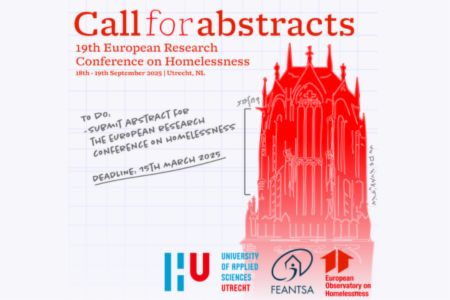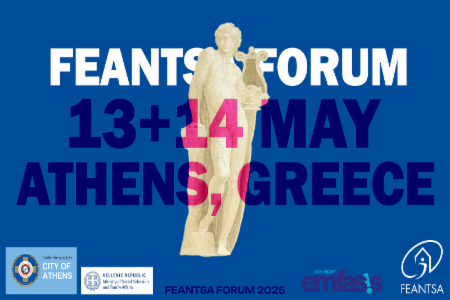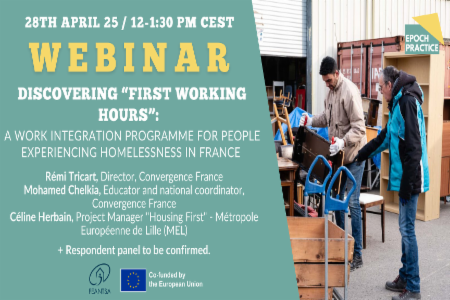The Future of Ireland’s Asylum System: a Focus on Housing

Read and download the report here (EN, online PDF)
As a solution to manage the increase of asylum seekers within the Irish state, the Government established the supposed ‘temporary’ entity that is Direct Provision (DP). However, 21 years from its creation, Direct Provision stands as a permanent governance mechanism of inward migration. Over the last two decades, the system has been condemned for its brutality and inhumane treatment of those seeking International Protection.
In February 2021, the government produced a ‘White Paper on Ending Direct Provision’ (2021), providing a new sense of hope for the future of those passing through this system. The paper outlines the government's new approach to abolishing the DP system. Implementing a two-phased operation, the government will concentrate on enhancing the integration of asylum seekers into Irish society, enabling independent living lifestyles and the promotion of human rights (Department of Children, 2021). Alternatively to the current system, an asylum seeker’s duration in a reception and integration centre will be limited to 4 months (Department of Children, 2021). Once completed, the Housing Agency in partnership with the Department of Children, Equality, Disability, Integration and Youth (DCEDIY) will provide asylum seekers with housing options depending on the specific needs identified (Department of Children, 2021).
This paper aims to contribute to the public conversation surrounding the future of the Irish Government's White Paper proposals to end the DP system. The various elements of DP accommodation (living standards, location etc) have proven to negatively impact asylum seekers mental and physical health as well as their opportunities to avail of education, employment, healthcare and community integration (Department of Children, 2021). Because of the far-reaching effects DP accommodation has on asylum seekers quality of life, successful implementation of the new accommodation models is a fundamental piece in the process of abolishing DP and the establishment of a new asylum system. A primary issue of DP accommodation in Ireland is the presence of overcrowding and shared living spaces and their resulting negative effects on the lives of asylum seekers (Walshe & Henderson, “Powerless” Experiences of Direct Provision During the Covid-19 Pandemic August 2020, 2020). To combat this, the new models of accommodation to be provided for asylum seekers will be either own-door or own-room (Department of Children, 2021). This accommodation will be sourced primarily by the Approved Housing Bodies (AHB). According to the new White Paper, asylum seekers will have access to social welfare supports that currently excludes them, as well as rent subsidies from the state to assist independent living. The location of the supply of housing will be determined by the National Settlement plan to increase integration and employment opportunities. The proposal also provides solutions for issues related to staff training, English proficiency of asylum seekers, education access for children and young adults and healthcare present in DP. The interception and rectification of these issues are equally as important as the accommodation-specific issues, however, as the European Federation of National Organisations working with the Homeless, FEANTSA works to put an end to homelessness and advocates for a housing-led approach, therefore this paper will focus primarily on the accommodation proposals of the White Paper.
Through the qualitative method of interviewing as well as through a desktop analysis, this paper seeks to explore the concerns and alternative solutions to the existing and proposed accommodation models. With this paper we aim to further contribute to the ongoing public discussion on the possible success of the proposed new system for asylum seekers in Ireland and at this early stage, highlight potential complications.





